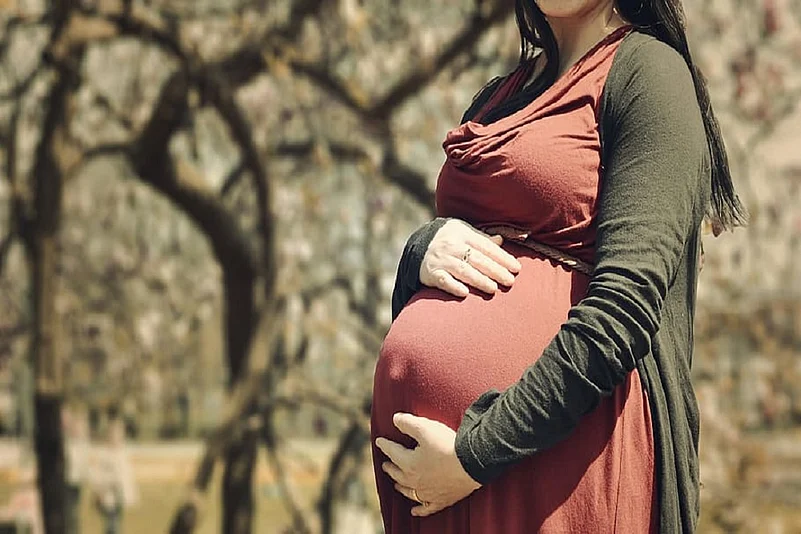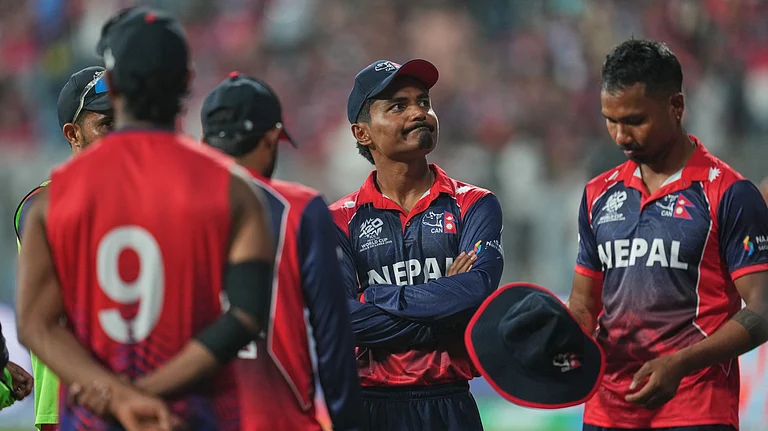The COVID-19 pandemic and the ensuing lockdown impacted several government programs, including those which provide services, care and support to pregnant women, lactating mothers, school children and adolescents.
To make things worse, the tsunami of misinformation and myths doing the rounds left most people extremely confused and anxious. The need of the hour was to curate and disseminate evidence-based, comprehensible information among field health workers, program officials, volunteers and the community at large.
Read Only| To Beat COVID, Eating Enough Is Not Enough
The National Centre of Excellence and Advanced Research on Diets (NCEARD), Lady Irwin College, New Delhi, actively worked with several academic institutions, development partners, national and state governments to bridge this gap. The brief was to come up with consensus-driven, expert-vetted key guidance documents with information on nutrition, lifestyle and psychosocial wellbeing specific to COVID-19. NCEARD, which is also a Technical Assistance Resource Centre to the Ministry of Health and Family Welfare and other allied ministries, also conducted a series of webinars, curated audio-visual content and dispelled myths via mass media to complement this plan.
Read Only| It’s Time To Walk The Talk
The Centre has been actively involved in development and testing of guidelines and providing effective maternal nutrition interventions such as strengthening antenatal care services, screening of high-risk pregnant women and condition-specific counseling at the facility and community level. It also helps in capacity building of healthcare professionals and research and creation of nutrition awareness programs.
With the COVID-19 pandemic, and the country being divided into red, orange, green and containment zones, continuation of delivery of nutrition related services through interpersonal communication both at facility and community levels was challenging.
In an effort to ensure dissemination of correct information specific to COVID-19 across all age groups (general population, school-age children, adolescents, pregnant women and elderly), several organizations and development partners joined hands with NCEARD to strengthen the importance of nutrition, healthy lifestyle and psychosocial support in maintaining overall health during COVID-19 crises. The Centre worked extensively in developing guidance documents on nutrition in context to Covid-19; sharing information through social media; reaching out to experts and target groups through digital platforms and building community awareness on nutrition-sensitive COVID-19 response.
Key messages specific to different target groups were formulated and vetted by the National and State Health and Family Welfare ministries, state Women and Child Development ministry, ICMR-National Institute of Nutrition, Nutrition Society of India, Indian Dietetic Association and faculty from the Departments of Food and Nutrition, University of Delhi before being shared.
NCEARD also reached out to experts from various national and international organizations for knowledge advocacy on preventive measures. The experts from Ministry of Health and Family Welfare, National Institute of Mental Health and Neuro-Sciences (NIMHANS), Wellcome Trust/DBT India Alliance, Federation of Obstetric and Gynaecological Societies of India Jag Pravesh Chandra Hospital, Arpan, Global Mental Health Peer Network (GMHPN), HelpAge India and Lady Irwin college, shared tips on ways to ensure overall well-being across all age groups.
Three webinars focusing on general information on COVID-19 were conducted in April 2020. These interactive sessions centered around seven to 10 key and easy take away messages. These included:
·Healthy eating, lifestyle and psychosocial wellbeing,
·Following all precautions to prevent infection,
·Eating fresh and minimally processed foods,
·Staying hydrated,
·Consuming nutritional supplements as recommended,
·Consuming immunity boosting foods,
·Substituting healthy/dried frozen alternatives when fresh foods are not available,
·Demystifying food related myths,
·Staying physically active,
·Sleeping well,
·Getting adequate dose of daily sunlight, and
·Precautions to be taken while purchasing, cooking and storing food.
Coping strategies to reduce anxiety and depression and emergency contact numbers if needed were also provided.
The webinars were augmented by a “Do You Know” series, widely disseminated on social media platforms such as Facebook, Twitter, WhatsApp and also among partners and their networks to ensure
maximum outreach and participation. The DYK series included questions and answers specific to each session.
In collaboration with FSSAI and UNICEF India, NCEARD developed audio-visual content (videos, radio spots and presentations) to ensure wider reach of correct messaging across the country, which was approved and adapted by several national and state ministries. As a first step, six educational videos were developed in Hindi, followed by translation into other local languages including Assamese, Gujarati, English, Urdu, Ho, Santhali, Mundari, Khurukh, Nagpuri, for dissemination via different online channels including WhatsApp and radio. The videos were also converted into six radio spots broadcast on Radio Dhoom 104.8 FM and Radio Mirchi , Delhi and Punjab.
All webinars were attended by approximately 1,200 participants including nutrition faculty, students and members of IDA, NSI, nutrition development partners, program officers, at national and state level, MoHFW officials and consultants and FOGSI members.
While abiding by social distancing norms and adapting to 'work from home' culture, the NCEARD team and Faculty advisors with the support of UNICEF worked cohesively and rose to the challenge of developing and disseminating reliable, actionable information on COVID-19 and nutrition. The information can be accessed from the NCEARD website: http://www.nceardladyirwin.in/Covid19_Nutrtion.aspx
(This article was submitted by the National Centre of Excellence and Advanced Research on Diets (NCEARD), Department of Food and Nutrition, Lady Irwin College) .


























